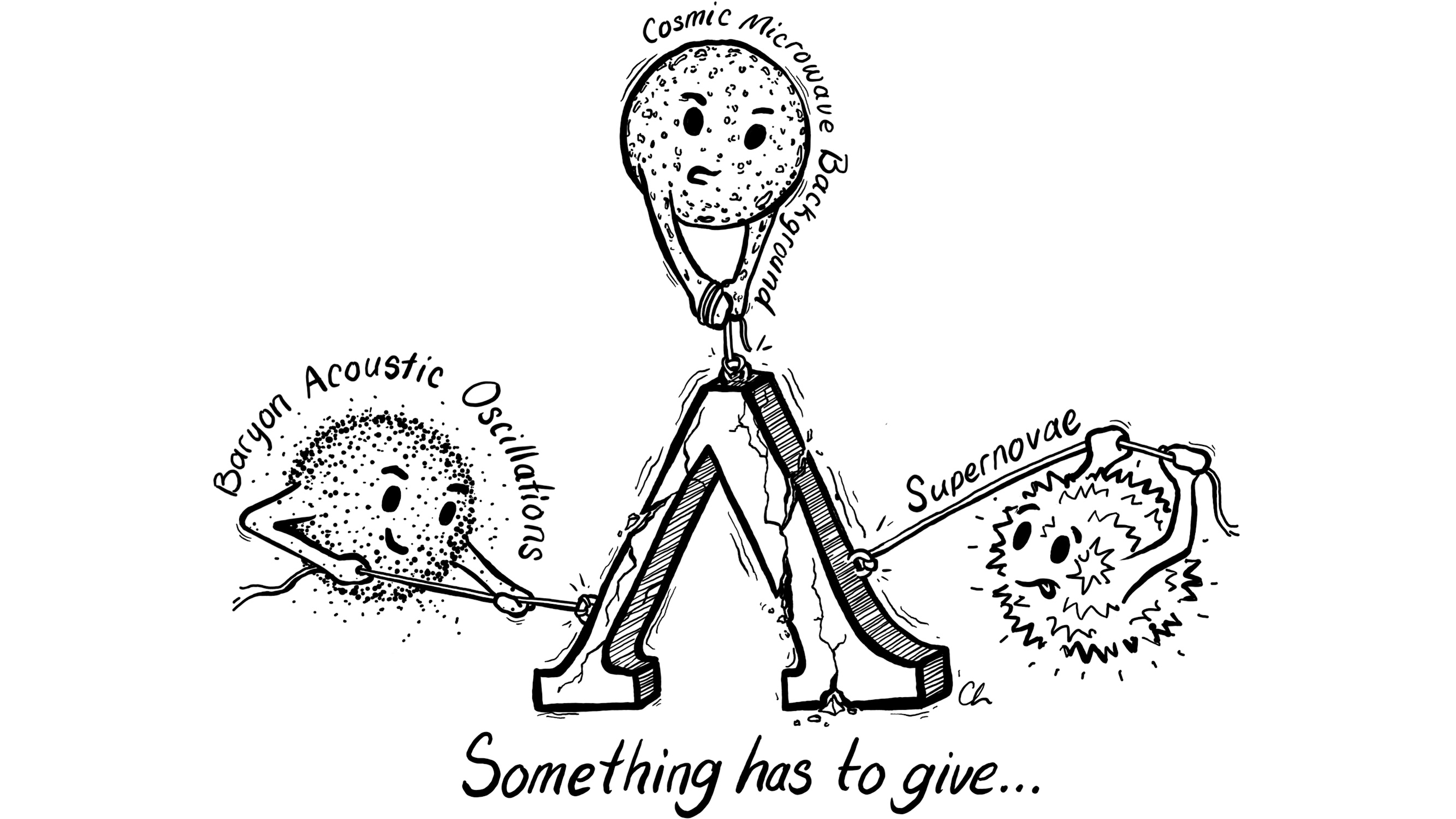Question: What will be the legacy of American exceptionalism?
Rieff: There has been a very fundamental transformation of the economic reality of the world. In 1500, India and China are counted for somewhere between a third and a half of world trade. And then, for, you know, the succeeding 400 or 500 years, that, you know, enormous percentage diminished to a comparatively insignificant amount. Now, it’s heading back up that way. In such a situation, the United States cannot exert the kind of hegemony that made the idea of American exceptionalism possible because the idea of American exceptionalism and the idea of American hegemony go hand in hand. Maybe not at the beginning of the republic, you know, the shining city on the hill and all that but it’s in the iteration that American exceptionalism has had… certainly since the 1890s, since the creation of this informal American empire and the Philippines and Cuba and elsewhere. The other thing that’s… All of the basic… deep structures of what made the idea of American exceptionalism possible, a special role of the dollar, America as a creditor nation. I mean, these things are rather have disappeared America as a creditor nation or under challenged the hegemony of the dollar. I mean, the Bretton Woods settlement favored the dollar. Is that a situation that’s going to be able to continue? Probably not. I mean, you don’t have to believe that there’ll be a new currency as the governor of the Bank of China proposed or at least, you know kind of air as a possibility the other day. You could just say that there’ll be… the dollar will be the principal reserved currency. But increasingly the euro, the yen still sterling and possibly some basket of ancient currencies will play a bigger and bigger role. All of these things make the idea of American exceptionalism rather difficult to maintain.
Question: What is a historical parallel for the United States in the spring of 2009?
Rieff: America reminds me very much of… I’m old enough to have known Britain in the ‘70s. And in Britain in the ‘70s, there were still a whole lot of people who couldn’t yet wrap their mind around the fact that Britain had gone from being the empire, which the sun never set, the most important country in the world for more than a hundred years after all, to being an important, rich, interesting, vibrant, mid-sized power. Nothing more, nothing less and the cognitive dislocation that that created in Britain among perfectly smart people… I mean, these weren’t fools or sentimentalist. It took a lot for Britain. I mean, whatever you want to say about Tony Blair, and I loathe Tony Blair… It must be said that Mrs. Thatcher and Tony Blair… And I see Blair, frankly, really as [futurist] with a human face, if you will. But… That they manage to give Britain another role. They didn’t… They, particularly Blair, who actually… Someone said in the UK, “The nice thing about Tony Blair is he actually likes the country he rules.” You know, he likes multi-racial, multi-cultural Britain in Europe. Thinks it’s a nice place. He’s happy to be its prime minister. He doesn’t fantasize that it could be the Britain of Winston Church or whatever or Lord Palmer’s. And… But it took him a while. And I think it’s going to take a while for Americans to real… that this exceptionalist idea is rooted partly an ideology in history but partly in just some good luck in some historical events that favor the United States. And that period where the dice is loaded in favor of the United States where you kind of role 7s almost automatically, that’s finished.
Question: Can Obama make us exceptional again?
Rieff: And… You know, what’s good about Obama, and I… You know, I think there are good things about Obama, don’t get me wrong, is that he actually talks about things like education in a serious way, talks about the degree to which Americans are falling behind, and things like science instruction. That’s an amazing fact. The innumerous… I’m much more impressed by the innumerous in scientific ignorance of US students, young people than I am by, you know, the problems of the humanities or the things we’re talking about at the beginning of, you know, intellectuals and all these. Is America all that much worse than Germany or Japan or China? I don’t know that in terms of the humanities, if that’s so true. But what’s absolutely true is that in terms of scientific and mathematical literacy, this country is in real trouble. And you don’t… you can’t have a vibrant economy, let alone one that’s exceptional in the sense that that doctrine implies, just with Chinese kids on green cards. I mean, you can’t do that. You can do it for awhile, it’s a stop gap. And maybe it’s a necessary stop gap, after all, that’s why the Silicon Valley people are so hysterics and they’re lobbying for an extension of these residents’ visas, these working permits, the H-2 visas for people with special skills. Because they know perfectly well that the American talent pool, the native born talent pool is insufficient to the needs. But you can’t do that indefinitely. And at some point, all those bright Chinese kids who come to Virginia Tech and Stanford and the University of Chicago and UT, Austin, those kids are going to study in Jin and Shen Zhen because those skills in 20 years will be up to code and they’ll be just as good as the schools here in some ways like everywhere else. There’ll be some things they’re better at or at least they’ll be… probably Americans going to, you know, those universities and do course. There’s no reason to think that laws of history are suspended for the United States. But that’s a huge… I mean, come back to, you know, the original point on this… sort of trying to make, that’s a huge event, cognitively, for people to take in. And even the fact of the last few years, that… you know, that Michael Moore… whatever you… You know, Michael Moore is, in many ways, a kind of joke. But… You know, there’s something… It’s not an accident that this stuff is so popular. I mean, in part, it’s probably because he… he’s on to the fact that for the first time in a very long time, Americans expect their children to do worse than they will… have done. And that’s a big change. That hasn’t happen in this country since the ‘30s. And imagine this country if the Roosevelt reform of capitalism hadn’t taken place. I mean, imagine for the sake of argument that there’ve been no reforming spirit. I mean, you really could’ve had, finally, an insurrectionary movement in this country. That’s why it’s so comic to see all these conservatives denounce the new deal. It’s the only thing that saved them. Or the system they claim to revere so much. Already, the labor history of the United States is one of the most sanguinary in the entire developed world. This is a country that had more labor violence. I mean, there’re… Then, probably most other developed countries… You know, the… the [Goulded] age, plutocrat Jay Gould, who’s gunman, you know, murdered several dozen miners in Ludlow, Colorado, said to a friend, that’s apparently a true story, “I can hire one half of the working class to kill the other half.” This is not a country where these tensions have been absent historically. And… You know, whether it’s on the right with people that the kind of… People like Glenn Beck or O’Reilly or [Kennedy] who echo people’s anxieties and fears or on the left with people like Moore. I think, this is a time when… You know, a hell a lot of Americans don’t believe in the practical reality of American exceptionalism anymore, even if they still pay lip service to the doctrine, even if somewhere there… they have a hard time coping with the idea that this was all a [croc], which, of course, it was. I mean, American exceptionalism in reality is what Ann Richards said about George Bush Senior, you know, he was born on 3rd base and he thinks he hit a triple. I mean, that’s my view of the reality of it. I mean, this country was blessed by abundant natural resources, farmland of exceptional fertility. It was spared certain kinds of foreign wars. I mean, there’re all series of material reasons why the United States was so successful for so long. There’re cultural reasons as well but those material reasons are always given short shrift and they shouldn’t be. But… Again, I… I do think we’re… I think it’s… I think there is a… it does remind me of Britain in the ‘70s. And… I mean… You know, again, I don’t want to end this conversation without such a pessimistic note. Things turned out, comparatively speaking, okay for Britain. They did find another role, you know, for all its problems. It has many problems but it’s a, in many ways, it’s… in global terms, it’s still an incredibly successful country, still [coherent]. There’s no reason to be so pessimistic about the United States but the idea that somehow the United States can continue as it was, as the great sort of uni-polar center of the world, I think… I think that’s… The end of that is already visible. What happens after that is another question and whether what happens after that will be better is an open question. It maybe works. There’s no… I’m about as far from believing in history as a progress narrative as it’s possible to be.





